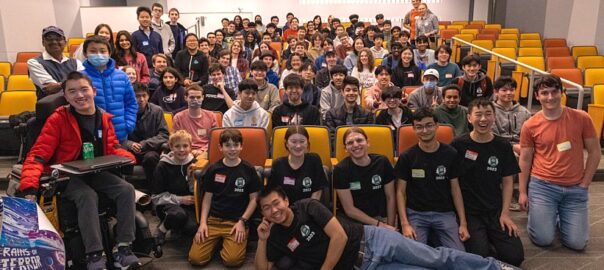Researchers from MIT, Boston University, and the University of Delaware will host an outreach event on Microrobotics and Synthetic Biology for middle and high school students , in two sessions on March 9. The program is primarily aimed to support and encourage female and underrepresented minority students to explore STEM. Students will learn how concepts of robotics can foster the development of new biological systems and applications.
Prof. Sambeeta Das will introduce the students to microrobotics, and then Dr. Rashmi Mohanty will discuss the importance of microrobotics in biological applications. Finally, students will receive hands-on experience in controlling magnetically driven microrobots and will guide the microrobots in biological systems.
No registration is required. It’s an Open House in two separate sessions: The morning session (10AM-11:30AM) or the afternoon session (1PM-2:30PM). The event will take place at 500 Technology Square (behind Area 4), MIT NE47-189, in Cambridge.
For information about the event, email Rashmi at rashmipm@mit.edu. For general information or building access, call Cammie at 617-733-3623

